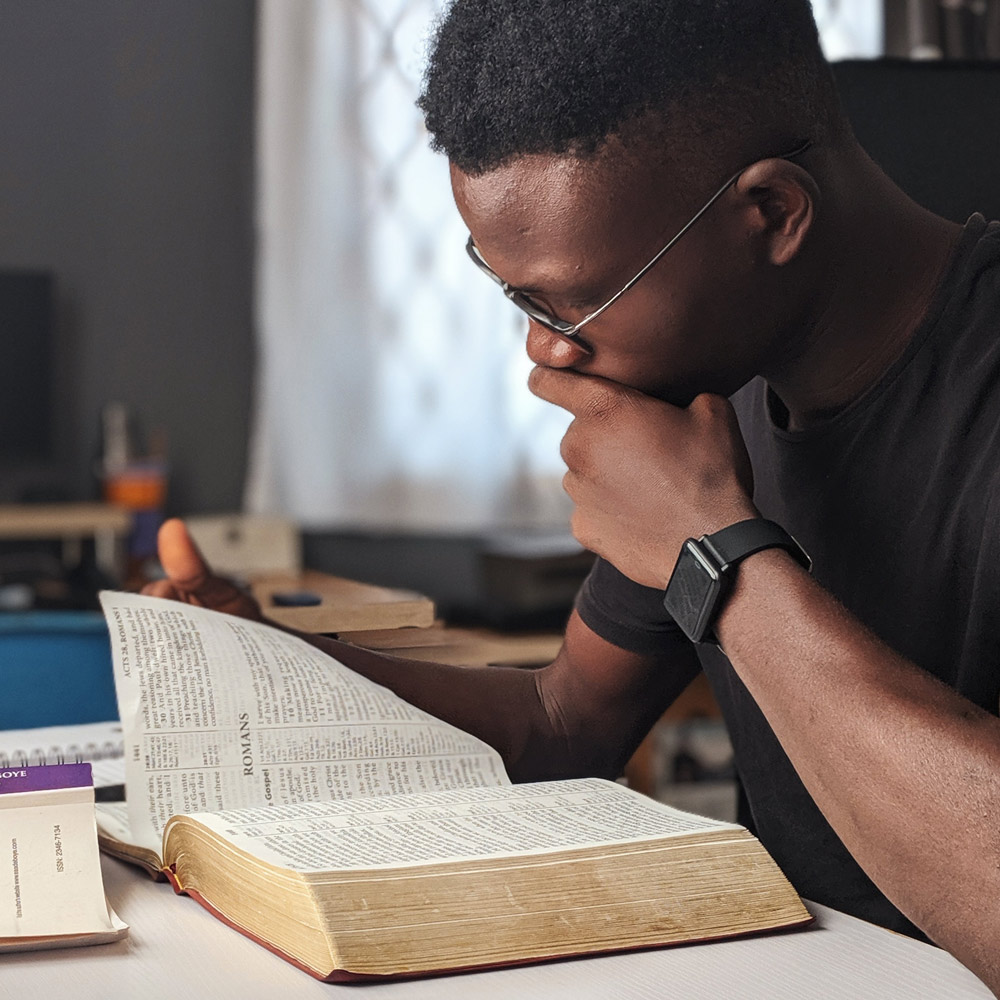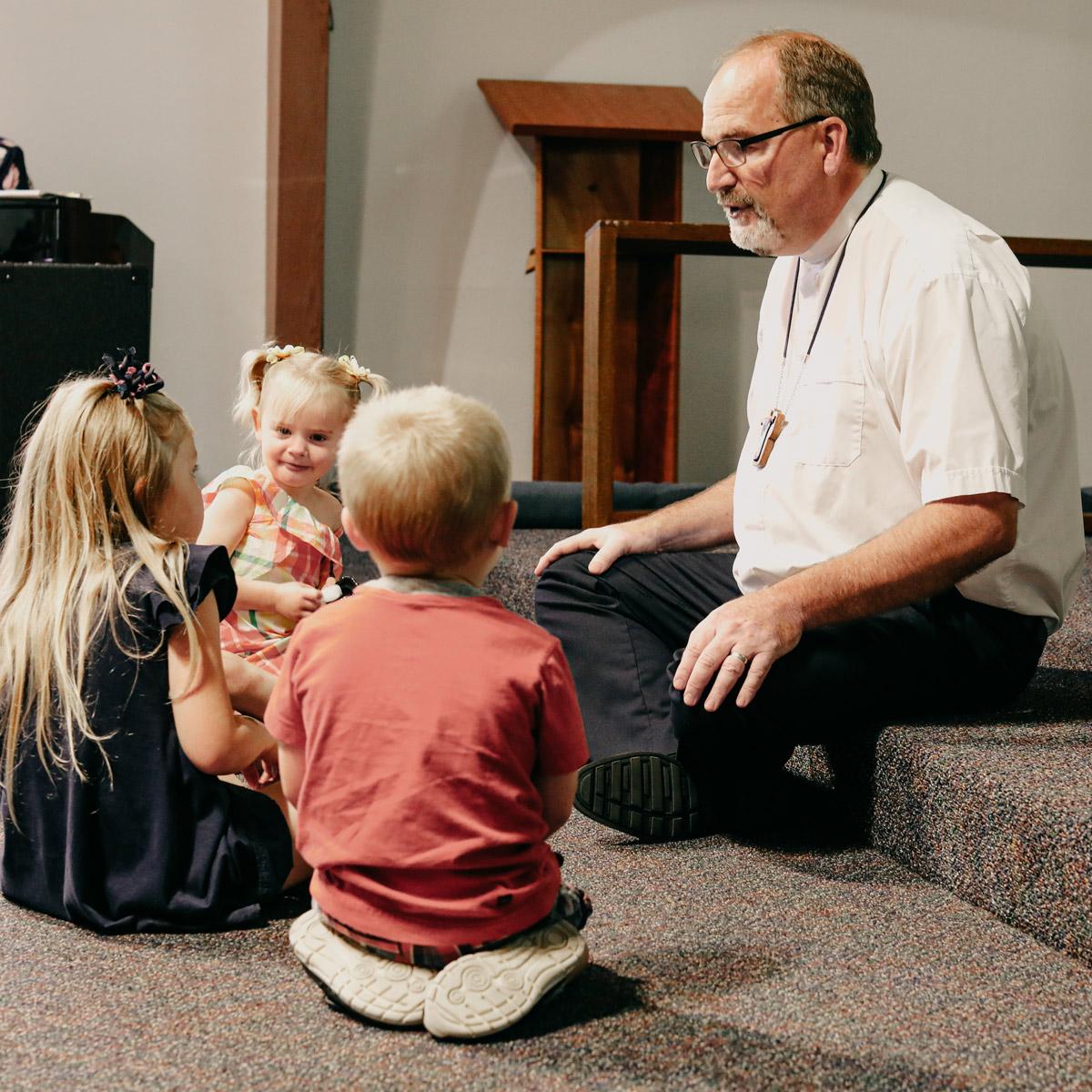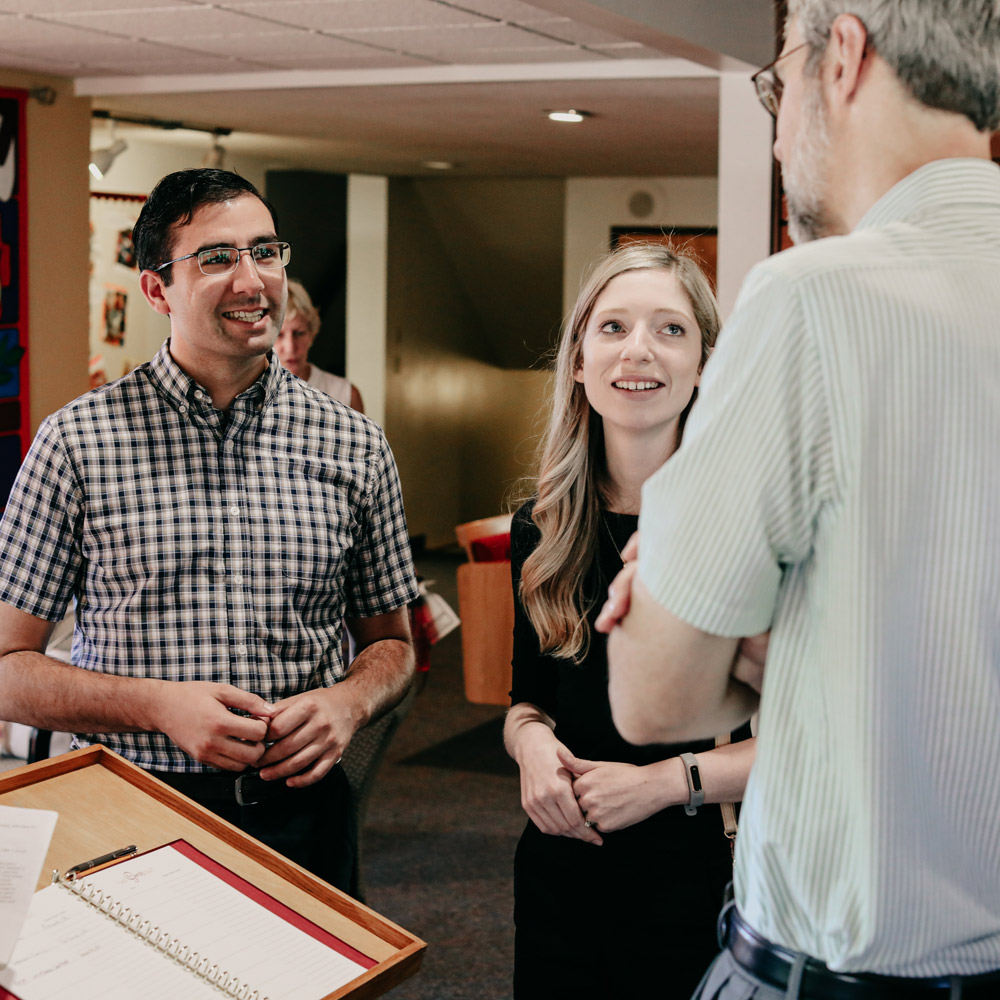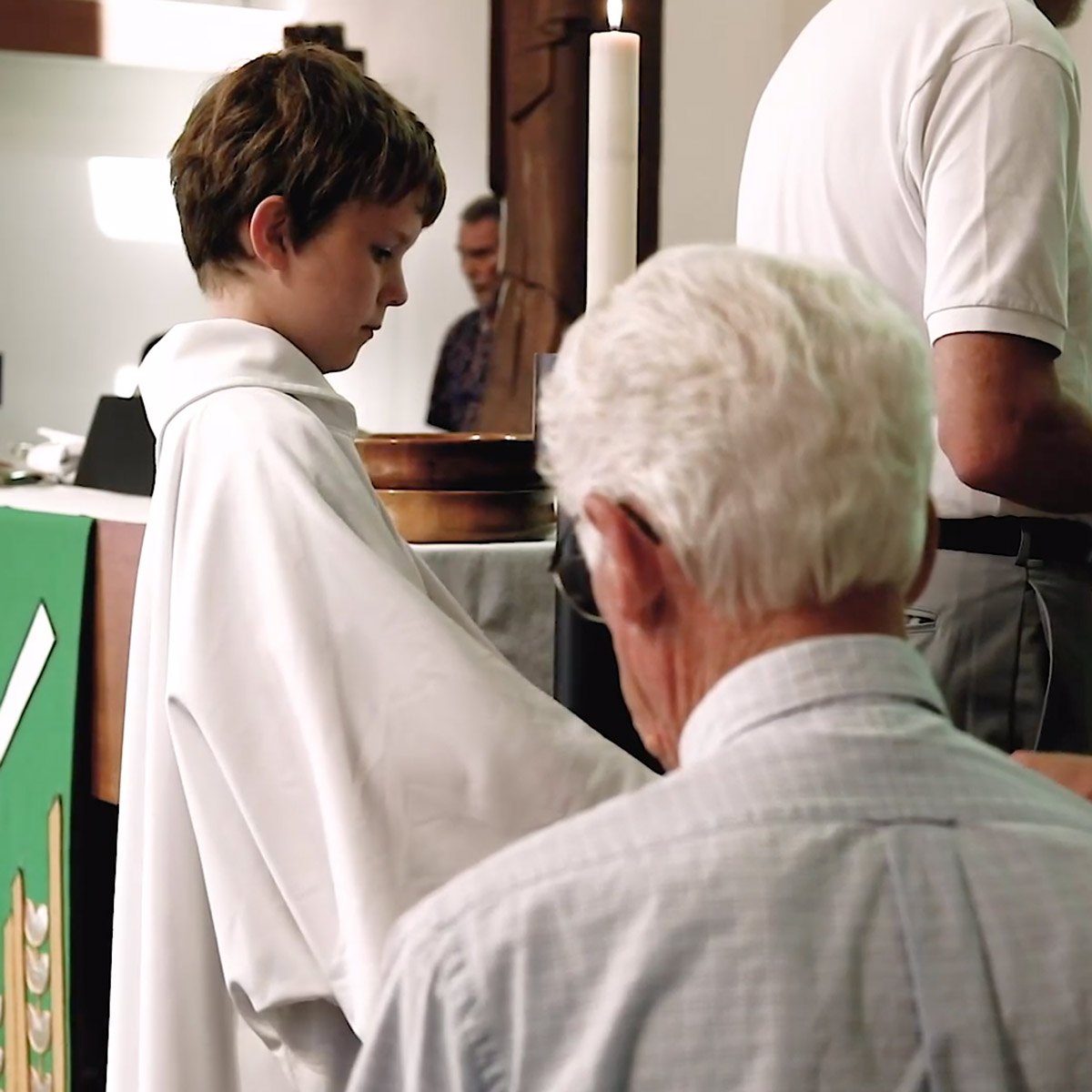
October 22, 2023 | Liturgy Bible Study – Session 6 – Scripture Readings
Liturgy Bible Study – Lesson 6 – Scripture Readings
The most specific Word-centric aspect of the divine service is the reading of the three lessons and the Psalm. Why is this aspect of the worship service vital towards its success?
What is the reason for having something from the Old Testament, the New Testament, the Psalms, and the Gospels read together during the service?
In your opinion, what are the greatest reasons for making sure that everything is Biblically based in the liturgy? Deuteronomy 11:18-23; Joshua 1:8; Psalm 119:9, 11, 105; Proverbs 3:1-2; Romans 12:2; 2 Timothy 3:14-17; Hebrews 4:12; 1 Peter 3:15
How does the lector take on a prophetic role during the reading of Scripture?
During the readings we see another transition from man-to-God (praise and prayer) to God-to-man. How does this strengthen our relationship with God? Jeremiah 33:3; Isaiah 55:11; Matthew 7:24; John 10:27-28; Romans 10:17
Did God give us His Word more for private study or for public study? Explain.
In the earliest church, they focused on the prophetic words of the Old Testament and then as the letters were written that make up the New Testament, they became favored and by the Middle Ages, the Old Testament readings were largely omitted. Why do you think it is important that we brought the Old Testament readings back into practice specifically?
In the Lutheran church, our Bible lessons are governed by a common pericope (lessons developed around a theme). What are the advantages of having a common lectionary in all LCMS churches? What could be the disadvantages?
The lectionaries basically follow Christ’s life from birth (Advent and Christmas) to death and resurrection (Lent and Easter). Why do you think this method was chosen?
During the second Vatican Council (1962-1965), a three-year lectionary was chosen (Different Scripture for years 1,2 and 3 that are rotated). This was later adopted by the Lutheran and Anglican churches. Why do you think they made this change?
A common lectionary is used by many protestant groups (Lutherans, Anglicans, Methodists and Presbyterians) together. Why do you think they decided to cooperate in this way?
What benefits does the Pericope schedule have for the Pastor? The Congregants?
Why is the Psalm often omitted from many services?
In Luther’s day, the Scripture readings were often chanted rather than spoken. Why do you think this practice largely disappeared?
Why is the Gospel reading considered to be the most important of the lessons, and why do we stand when the Gospel is read?
















